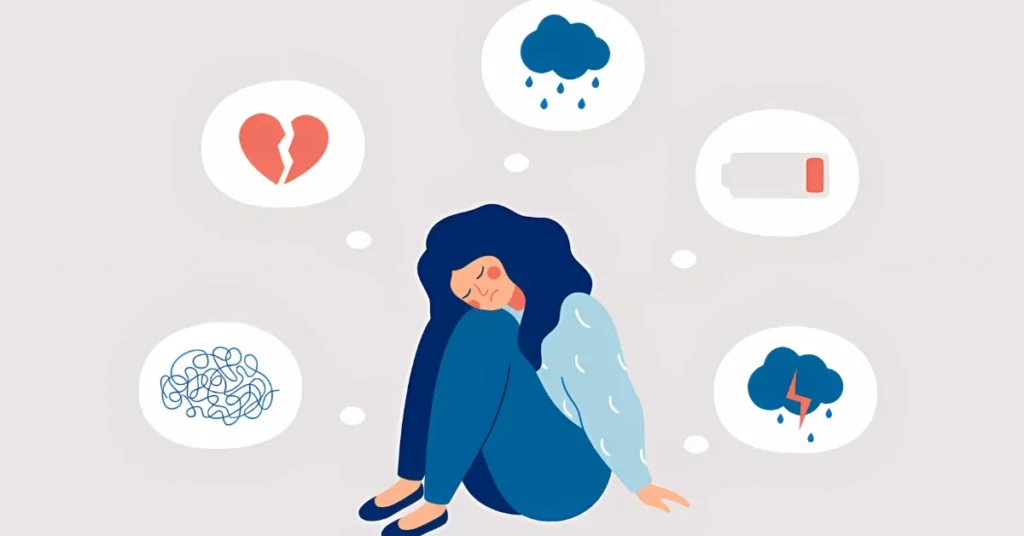The mental health of adolescents is a growing concern that impacts not only the individuals and their families but society at large. As teens navigate the complex transition from childhood to adulthood, they face unique challenges that can affect their mental and emotional well-being. The repercussions of untreated mental health conditions can extend into adulthood, making early intervention and treatment crucial. Understanding and addressing these issues demand a compassionate approach and professional support. Keep reading to explore the significance of teen mental health treatment and how it can alter the course of a young person’s life.
Recognizing Symptoms: When To Seek Treatment for Adolescents
Identifying the signs that a teen may need mental health treatment is vital. Changes in academic performance, withdrawal from friends or activities, and shifts in sleeping or eating patterns can be telltale indicators. Likewise, dramatic mood swings, expressions of hopelessness, or talk of self-harm must be taken seriously. Such symptoms warrant immediate attention and speak to the urgency of professional evaluation.
Parents and caregivers often wrestle with determining when typical adolescent behavior crosses into the realm of Teen mental health concerns. Persistent struggles with concentration, unexplained physical complaints, or the use of substances like alcohol and drugs as coping mechanisms suggest a deeper issue. Consultation with mental health professionals can clarify whether these behaviors are signs of underlying mental health conditions.
Addressing a teen’s mental health early can avert the progression of symptoms and the development of co-occurring disorders. An important resource for teen therapy in Austin is available to provide specialized care and support for adolescents grappling with these challenges. Access to such services can make a tremendous difference in a young person’s life.
Intervention Strategies: Therapies and Treatments for Teen Mental Health
Intervention strategies for addressing teen mental health range from traditional talk therapies to innovative, evidence-based practices. For instance, cognitive behavioral therapy (CBT) is a widely used approach that helps adolescents understand and change harmful thought and behavior patterns. Other modalities, such as dialectical behavior therapy (DBT), focus on emotional regulation and interpersonal effectiveness skills crucial for teens.
Family therapy can also be a critical component in treating adolescent mental health issues by addressing communication barriers and improving relationships. Group therapy offers a platform for teens to share experiences and strategies, fostering a sense of community and reducing isolation. In addition, art therapy, music therapy, and equine therapy are alternative methods that engage teens in non-verbal expression and processing.
Medication management may be considered in conjunction with therapy, especially for conditions such as anxiety and depression. However, this must be carefully monitored by professionals experienced in treating adolescents. It is vital to ensure that any prescribed treatments are part of a holistic plan that includes psychotherapy and, when necessary, lifestyle modifications.
Impact of Early Mental Health Treatment on Adolescent Development
Engaging in mental health treatment during the adolescent years can have profound and lasting effects. Early intervention can prevent the entrenchment of negative patterns and facilitate healthier development. When teens receive the help they need, they are more likely to perform better academically, establish positive social relationships, and have higher self-esteem.
Access to early treatment programs also contributes to the reduction of future mental health issues. Adolescents who tackle their challenges with professional support cultivate resilience and a toolkit of strategies to manage stress and emotional upheaval. These skills are beneficial during their teenage years and crucial as they transition into adulthood.
Stigma and Awareness: Improving Societal Support for Teen Mental Health Issues
The stigma surrounding mental health issues often prevents teens from seeking the help they need. Myths and misconceptions about mental health can lead to shame and silence. Challenging these stigmas through education and open dialogue is essential for creating a supportive culture where teens feel comfortable seeking assistance.
Initiatives aimed at raising awareness about teen mental health are pivotal. Campaigns designed to destigmatize mental health struggles and promote understanding among parents, peers, and educators can transform the way communities support adolescents. Celebrating Mental Health Awareness Month, utilizing social media for positive outreach, and including education on mental health in school curricula can all contribute to this shift.
Overall, the well-being of adolescents is a significant aspect of public health that requires attention and dedicated resources. By emphasizing the importance of mental health in young people’s development, embracing early treatment interventions, and cultivating an environment that destigmatizes mental health issues, we can pave the way for healthier, happier futures for teens. With commitment and compassion, the trajectory of adolescent mental health can trend toward a more positive horizon.

